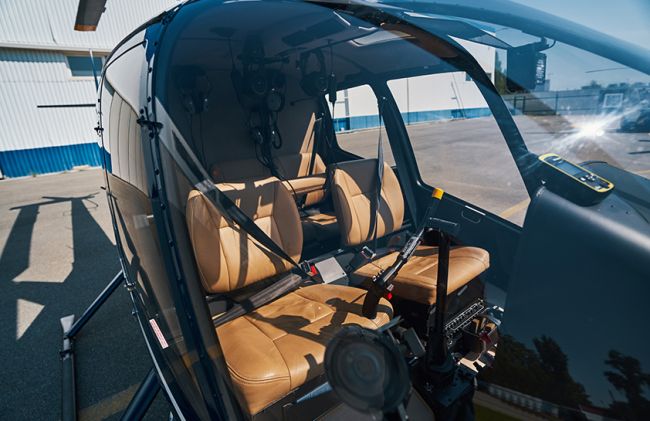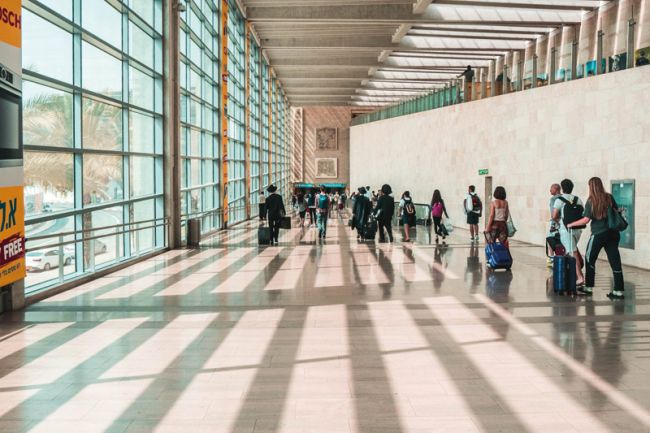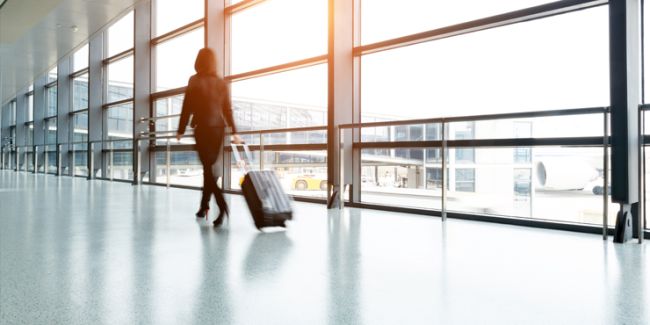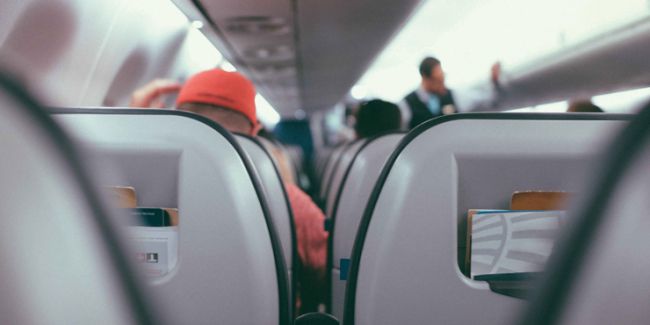Curing Europe’s ‘capacity crunch’
With 26,000 flights in Europe’s sky every day and passenger numbers forecast to grow by up to 4.5% annually.
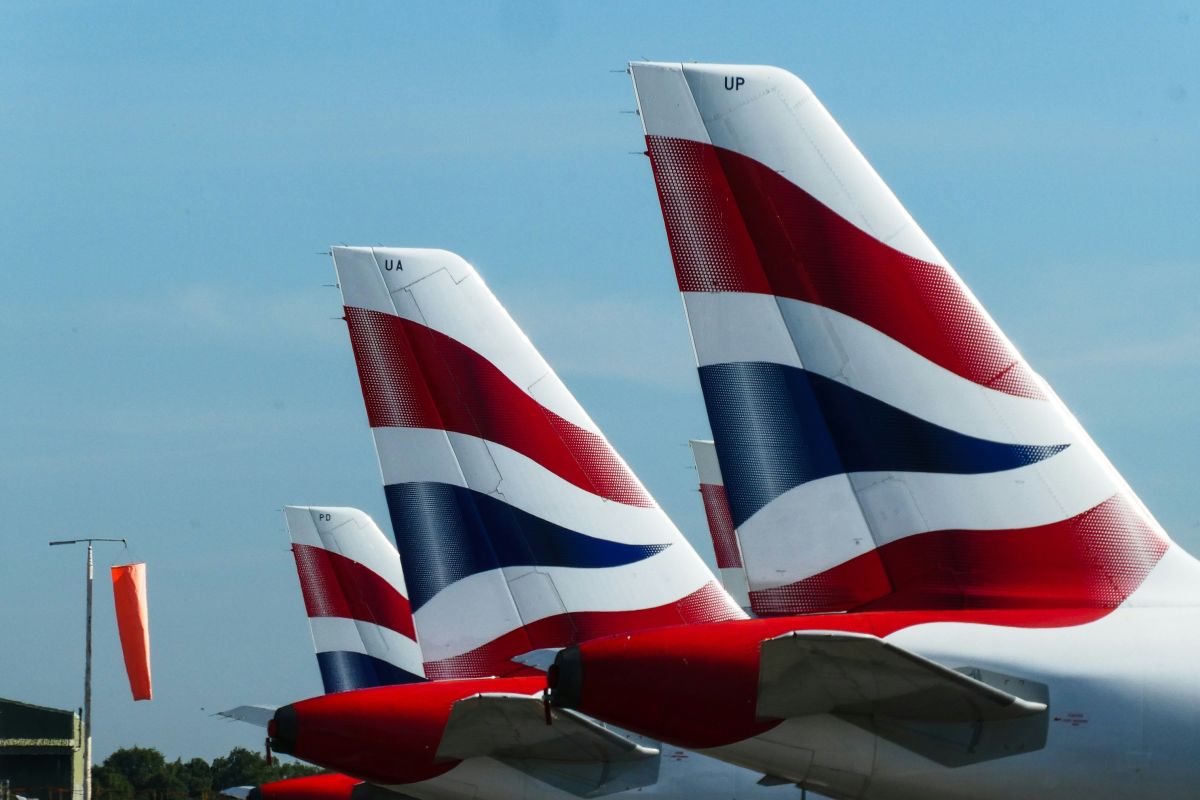
With 26,000 flights in Europe’s sky every day and passenger numbers forecast to grow by up to 4.5% annually, airport capacity is reaching saturation, causing congestion and delays.
Many European airports are struggling to keep up with demand, due to an inefficient system of allocating takeoff and landing slots at airports. While the downturn in traffic caused by the financial crisis has provided a reprieve from the ‘capacity crunch’ at European airports, traffic is already starting to increase again. At the European level, approximately five years traffic growth has been lost due to the crisis, but by 2012 the number of flights will exceed pre-crisis levels.
In 2010-11, on behalf of the European Commisssion, Steer Davies Gleave reviewed the mechanism for allocating this capacity between airlines, and evaluated options for changes.
Grandfather rights
Slots at EU airports are allocated by independent coordinators to ensure the principles of neutrality, transparency and non-discrimination. However, once airlines have a slot, they can keep it in perpetuity (known as grandfather rights), provided they continue to use it and do not abuse it, for example by persistently operating at a different time. While the system works well from an operational perspective, the level of airport charges is set far below the market-clearing value, which creates excess demand, and slots rarely become available at airports such as at London Heathrow and Paris Orly. This not only makes it very difficult for new entrants to obtain slots and compete with the incumbent airlines, it also means that the airlines who hold slots are not necessarily those that would use them most efficiently. At many highly congested airports, although not Heathrow, a significant proportion of slots are used for flights with quite small aircraft, which limits the number of passengers that can travel within the constrained capacity.
Secondary trading
In part, this problem could be addressed by allowing airlines to sell slots (called secondary trading). While prohibited by national law in some EU countries, in 1999 the High Court ruled in favour of it and a secondary market in slots has developed at Heathrow and Gatwick. At Heathrow, airlines may pay £30-40 million for a pair of peak-time slots. Secondary trading has generally had positive impacts; on average, each trade at Heathrow has led to an increase in aircraft size of 33%. An issue with this option, however, are airlines who may be unwilling to sell slots to potential competitors, and may hold on to slots even if it appears to be more profitable to sell them.
Airport slot auctions
The option of withdrawing grandfather rights from airlines, and auctioning the slots, has often been considered – and is especially attractive to governments. At current prices, an auction of Heathrow slots could raise £5-6 billion. But unsurprisingly, this is fiercely opposed by airlines.
The withdrawal of grandfather rights would also be very difficult in practice, as slot allocation at different airports is interdependent; a departure slot at one airport needs to have an arrival slot at the destination airport at the corresponding time, and the potential use and value of slots at different times will vary greatly. As a result, thousands of interdependent auctions would need to be undertaken in parallel at airports around the EU. Coordinating these would be extremely difficult, and airlines would potentially have to redesign their entire schedules every year. Any operational efficiency lost as a result could offset the economic benefits of the auctions. Withdrawal of grandfather rights would also (arguably) infringe international agreements which EU States have signed,and would almost certainly lead to retaliation against EU airlines at non-EU airports.
However, auctions for new airport capacity (where this is created) would not cause the same problems. Although the current government opposes any expansion of Heathrow, and a third runway will not be built in the foreseeable future, there is still medium-term scope to expand the airport and therefore this is still relevant: mixed mode operation could allow a 10% increase in the number of flights and could be implemented quite quickly if a political decision was made. Elsewhere in the EU, expansion of congested airports is more common and politically acceptable. By allocating new slots to the most efficient users, an auction would maximise the economic benefits of new capacity. We calculated that, if mixed mode was introduced at Heathrow, the increase in passenger numbers would be about 20% greater if the slots were auctioned than if the current administrative allocation mechanism was used.
While auctions have yet the opportunity to prove themselves, for today’s existing capacity the only really significant change recommended by the study was explicit authorisation of secondary trading in slots, throughout the EU.





